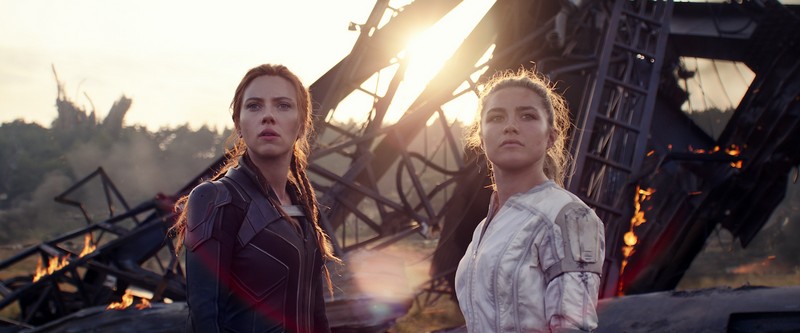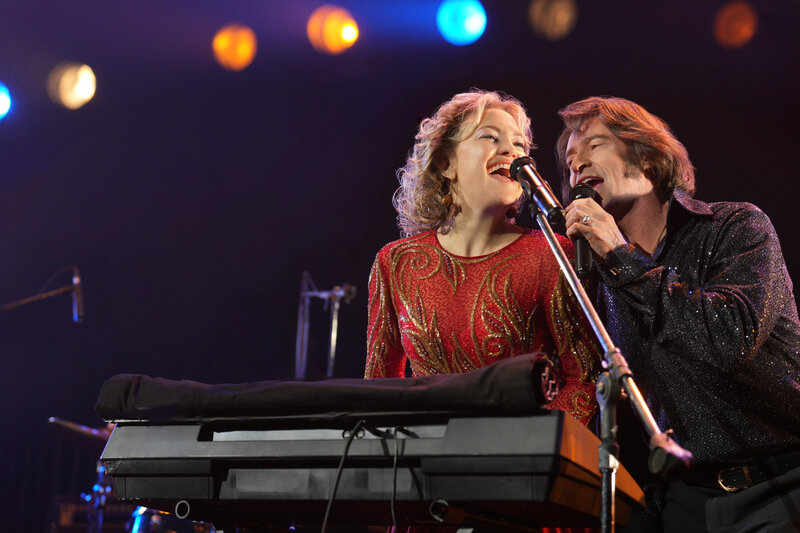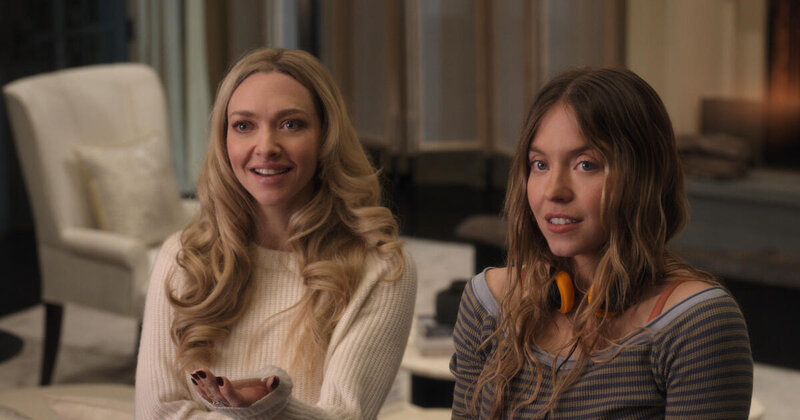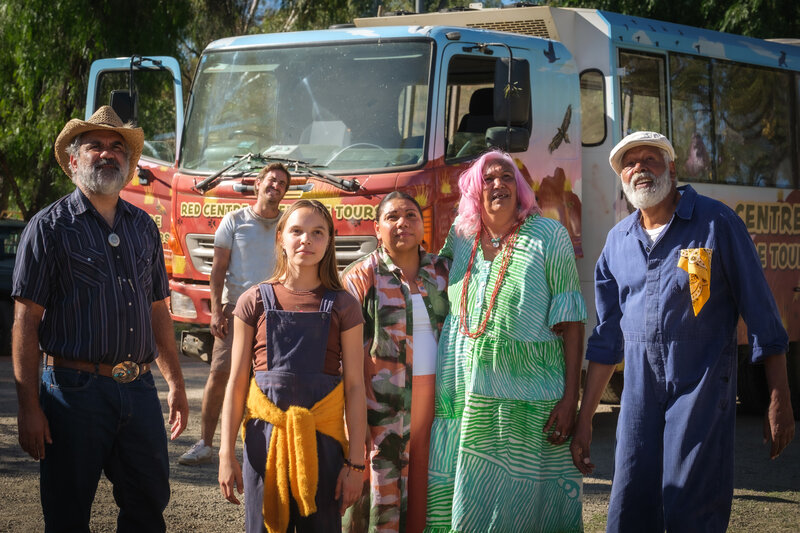Australian director Cate Shortland shot to prominence with her feature debut Somersault in 2004. Since then, she’s directed the feature films Lore (2012) and Berlin Syndrome (2017), as well as television in Australia and the US. Now she springboards into the big time with Black Widow, the latest entry in the Marvel Cinematic Universe canon.
You’d be forgiven for thinking perhaps the demands of a big-budget actioner would overwhelm Shortland’s signature restrained style. But that’s not the case here. Beyond genuflecting to the MCU altar in the final climactic battle, Shortland makes Black Widow a surprisingly deep – and surprisingly funny – exploration of family and feminism.

The film opens with an extended flashback to the childhood of Natasha Romanoff and her sister Yelena (played as children by Ever Anderson and Violet McGraw). They live a seemingly ordinary life in an American suburb. Their mother Melina (Rachel Weisz) dotes on them. But when their father Alexei (David Harbour) returns home one evening, their world is thrown into chaos. Alexei is into something that’s got the FBI on his tail. A dash to a local airfield sees the family get away in a light plane. They land in Cuba to be greeted by a delegation of Russians. It soon emerges that all is not what it seems.
Twenty-one years later, Natasha (Scarlett Johansson) is – or rather was – one of the Avengers as Black Widow. (The bulk of the film takes place in between the events of Captain America: Civil War and Avengers: Infinity War.) Now she’s on the run from Secretary Ross (William Hurt) and his forces. Yelena (Florence Pugh) is a mercenary working for a shadowy organisation. An encounter with a target in Morocco leads Yelena to a stunning realisation. With the possible assistance of Natasha’s sidekick Mason (O-T Fagbenle), she leaves a clue in Natasha’s remote hide-out. That clue leads Natasha to Budapest, and an awkward reunion. Yelena has discovered she’s been under the control of the Red Room, a network of female agents under the absolute control of Dreykov (Ray Winstone). Now out of their grasp, she wants to take Dreykov down and free the scores of women trapped in his evil ring – even though Natasha thinks she killed Dreykov years before. But before they can do anything, they have to escape the clutches of a mysterious super-soldier who seems to know their every move.
Eric Pearson (Thor: Ragnarok) provides a quite nuanced script that weaves the relatively straightforward plot into the deeper themes. For an MCU film, Black Widow is quite talky, especially around the idea of what makes a family. And while the film’s feminist elements aren’t all that subtle, they strike a powerful chord. As with Cruella, Disney has made the film available basically simultaneously in cinemas and via streaming on Disney +. That appears to be reflected in the visual style, which mixes intimate interiors with spectacular action. For me, it’s probably better viewed on the big screen (particularly for that large-scale finale), but in this time of lockdowns, streaming may have to do.
Given the film’s timeline and references, some knowledge of earlier MCU films is pretty much required. While the film could stand on its own, its connections are plentiful. So not being familiar with at least the Avengers films will limit its accessibility. And being an MCU film, you can expect a post-credits scene. This one seems to be particularly significant and signposts several future developments in the series.
Scarlett Johansson in (presumably) her final MCU appearance leads the cast with an assured performance. She’s ably supported by the wonderful Rachel Weisz (The Favourite) as the smart Melina. Ray Winstone has been rather typecast as a ruthless bad guy, so easily slips into a similar role here as Dreykov. David Harbour (Extraction) provides comic relief as the well-meaning but rather oafish Alexei. But the fast-rising Florence Pugh (The Little Drummer Girl) arguably burns brightest as the wise-cracking, butt-kicking Yelena.
I enjoyed Black Widow – even more than I expected to. This is classy big-budget filmmaking that confirms Shortland’s talent as a director. If this is to be Black Widow’s final film appearance, it’s a fitting send-off.
David Edwards
Other reviews you might enjoy:
- Avengers: Endgame – movie review
- Avengers: Infinity War – movie review
- Fly Me to the Moon – movie review

David Edwards is the former editor of The Blurb and a contributor on film and television





